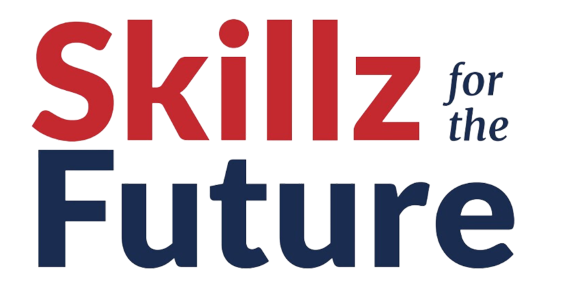In the ever-evolving landscape of technology, data science has emerged as a beacon of opportunity, offering a gateway to exciting and lucrative professional ventures. The field, characterised by its dynamic nature and insatiable demand for skilled professionals, beckons individuals keen on navigating the data-driven future. If you’re contemplating embarking on a journey into data science, it’s crucial to understand the fundamental skills required to thrive in this multidisciplinary domain.
A Thriving Frontier
Before delving into the essential skills, let’s illuminate the vibrant panorama of the data science landscape. According to the U.S. Bureau of Labor Statistics, the demand for data science professionals is projected to surge by an astounding 36% until 2031, significantly surpassing the average growth rate across all professions. Moreover, Glassdoor reports an average annual salary for data scientists exceeding $100,000, cementing the field’s reputation as a high-earning profession.
With such promising prospects, the allure of data science courses becomes apparent. However, to embark on this transformative journey, prospective data scientists must cultivate a set of foundational skills that serve as the bedrock of success in this dynamic field.
Navigating the Skill Set
Mathematics and Statistics Proficiency:
At the core of data science lies a robust mathematical foundation. A deep understanding of mathematics and statistics is not just beneficial but imperative for success in this domain. The ability to comprehend concepts in linear algebra, differential and integral calculus forms the groundwork for deciphering the intricacies of data science. Statistical techniques, encompassing distributions, hypothesis tests, and regression, become indispensable tools for data scientists. Familiarity with programming languages such as Python, R, or Matlab enhances the ability to manipulate data effectively.
Programming and Data Manipulation:
Programming prowess is the heartbeat of data science. The capacity to manipulate datasets and extract meaningful insights hinges on mastery of at least one programming language. Python and R stand as the stalwarts in this realm, offering a plethora of libraries for seamless data utilisation, model construction, and result visualisation. Proficiency in handling large datasets, understanding data formats, and employing techniques like data cleaning and transformation are quintessential skills. Additionally, a grasp of SQL (Structured Query Language) is vital for interaction with databases and extracting pertinent information.
Basic Knowledge in Machine Learning:
Machine learning, a cornerstone of data science, involves developing models and algorithms that enable machines to learn from data. An introductory understanding of machine learning, encompassing problem-solving types like classification, regression, and clustering, sets the foundation for success. Familiarity with popular machine learning libraries such as scikit-learn, TensorFlow, and PyTorch, coupled with practical experience, adds tangible value to one’s skill set.
Visualisation and Communication Proficiency:
A data scientist’s role extends beyond data analysis; it encompasses effective communication of results to non-technical stakeholders. The ability to craft clear and informative graphics using tools like Matplotlib, ggplot, or Tableau is indispensable. Communication skills, coupled with a knack for simplifying complex information, become assets for translating technical concepts into accessible terms.
Curiosity and Critical Thinking:
Beyond technical acumen, data science thrives on soft skills like curiosity and critical thinking. The rapid evolution of technologies necessitates a perpetual state of curiosity and a willingness to explore new problems and concepts. Critical thinking enables the questioning of results and methods, fostering an environment of continuous improvement and innovative problem-solving.
Collaborative Skills:
Collaboration stands as a cornerstone of success in the data science landscape. Effective collaboration transcends technical expertise, demanding clear communication, empathy, and harmonious teamwork. Data scientists often collaborate with diverse teams comprising domain experts, analysts, engineers, and business stakeholders. The ability to integrate different perspectives, bridge the gap between technical and non-technical stakeholders, and foster an environment of open dialogue is pivotal for project success.
Embarking on the Data Science Odyssey:
Armed with this comprehensive skill set, aspiring data scientists are equipped to embark on their educational odyssey. While the qualifications may initially appear daunting, they serve as accelerators, propelling individuals to progress swiftly through the curriculum. The journey into data science offers not only the opportunity to deepen existing skills but also to acquire new ones, ensuring a well-rounded and dynamic professional trajectory. As you set sail into the realm of data science, remember, it’s not just a course; it’s a transformative expedition into the future of technology and innovation.
